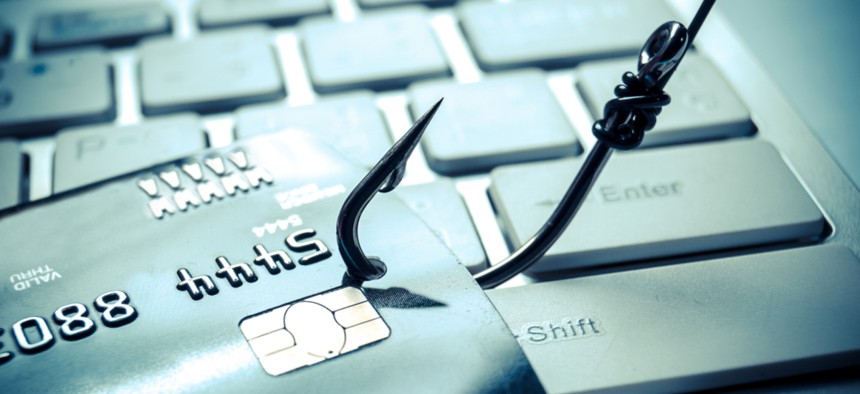How to Stay Secure While Holiday Shopping

wk1003mike/Shutterstock.com
Don't let cyber thieves or unsecured devices ruin your holiday.
After the turkey and pumpkin pie is finished, Americans have only one thing on their mind: Christmas shopping.
Whether you opt for frenzied Black Friday or Cyber Monday deals, 'tis the season of increased cyber threats from online shopping and scams. Staying safe online while shopping and making sure that the smart devices you buy are secure should be an integral part of your holiday plans.
Enigma Software, for example, is predicting that computer infections could double this holiday season.
"We believe the continued spikes in malware are due in large part to increased online activity by holiday shoppers, and increased efforts on the part of malware makers to take advantage of those shoppers," said an Enigma Software spokesperson. "Simply put, the bad guys know more people will be online looking for deals and checking on orders, and they have stepped up their attacks."
Homeland Security Department released a guide with information about staying safe online. Some of these tips are common sense but can be easy to forget when caught up in holiday fever.
"Emails and ecards from unknown senders may contain malicious links. Fake advertisements or shipping notifications may deliver attachments infected with malware. Spoofed email messages and phony posts on social networking sites may request support for fraudulent causes," the department warned.
The agency also recommends shopping with reputable online vendors. If you're unsure of a site, go somewhere else. Make sure your information is encrypted by checking to see if the website is running HTTPS before purchasing anything. And always do your shopping using a secure network—no coffee shops or airports or anywhere where the Wi-Fi is open to the public.
In general, keep an eye out for phishing scams, keep your computer updated, and make sure you have strong passwords that require two-factor authentication.
As you shop, you might want to consider how secure are the devices and gadgets on your lists are.
Anti-virus software company McAfee has released a guide on 2017's most hackable gifts. The company suggests being careful when purchasing connected toys.
"Since manufacturers are rushing to connect almost everything to the internet, it only makes sense that the toys that children play with are no different. Many toys come equipped with GPS chips, microphones and even cameras," the report stated.
McAfee also recommends being careful when giving or receiving digital assistants, such as the Amazon Echo, as they're increasingly the target of hackers.
Once you have your new piece tech, you might consider giving away or selling your old model. But before you do that, make sure you delete all personal information before giving the device away. According to McAfee's holiday security survey, only 20 percent of respondents know how to wipe all of their information from a connected device.
NEXT STORY: IG Slams Coast Guard’s IT Investment Tracking



